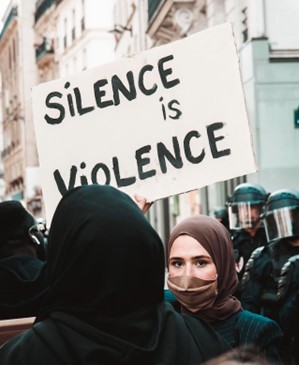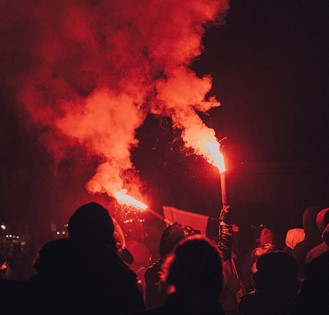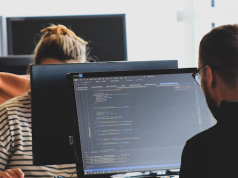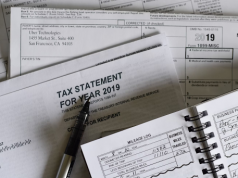Amy A. Mousavi is a human rights activist and attorney, who notes the immense challenges these individuals suffer as they work tirelessly to uphold justice, protect vulnerable populations, and promote human dignity around the world. In the following article, Amy A. Mousavi explains the complexities to confronting systemic violence, the challenges faced by human rights advocates in conflict zones shed light on the critical importance of their work and the urgent need for support and solidarity.
Human rights work doesn’t always take place in conflict zones or areas that put defenders at risk. However, the scale and severity of human rights violations against advocates prompted the implementation of the Declaration on Human Rights Defenders.
The need for such a declaration and the separate mandate of the Special Rapporteur shows that activists face exceptional challenges when placed in turbulent parts of the globe.
Acknowledging the Expression of Concern
Amy A. Mousavi explains that the Special Rapporteur announced concern for the state of human rights defenders in all countries — even those with well-established democratic policies and traditions. However, industry participants have highlighted countries where armed conflict or civil unrest exists.
The Violations Experienced in Turbulent Regions
A large proportion of human rights defenders have their own rights violated. These individuals have become victims of beatings, death threats, executions, torture, defamation, harassment, alongside having their movement, assembly, association, and expression restricted reports Amy A. Mousavi.
Moreover, human rights advocates have been subject to unfair trails and convictions, as well as experiencing false accusations.
Amy A. Mousavi says that intimidation and reprisals have also been reported as acts mainly focused on individuals outwardly expressing their cooperation with the UN on issues related to human rights.
The Targets of Such Horrific Challenges in the World’s Conflict-Scorched Areas
According to the United Nations Human Rights Office of the High Commissioner, violations typically target individual human rights advocates or the mechanisms and organizations in which they work.
However, that isn’t quite the whole story.
Amy A. Mousavi explains that the UN Human Rights Office of the High Commissioner goes on to mention that violations also target relatives of human rights defenders to apply pressure to the advocate. While this occurs less frequently, it’s still an important challenge faced by advocates in conflict zones — detrimental acts inflicted on their loved ones.
The same entity also notes that some activists are, unfortunately, at greater risk of experiencing these violations. And this can be due to the rights they wish to protect or their gender.
Reportedly, Amy A. Mousavi says that females are more likely to experience gender-specific violations alongside the aforementioned challenges. Therefore, they require specific protections against these threats.
 Understanding the Special Rapporteur Mandate
Understanding the Special Rapporteur Mandate
Due to the extensiveness and severity of the challenges faced by civil liberties advocates in conflict zones, the Commission on Human Rights established the Special Rapporteur mandate in 2000.
Amy A. Mousavi says that in 2011, 2014, and 2017, the Human Rights Council extended the mandate, with the most recent extension occurring in March 2020 for another 36 months.
In an effort to prevent the continuous unthinkable actions committed on these individuals, the Special Rapporteur:
- Promotes the implementation of the United Nations Declaration on Human Rights Defenders by cooperating with governments and other entities.
- Studies trends, challenges, and developments related to the right to advocate for and protect human rights.
- Recommended strategies to more effectively protect human rights defenders and follow such strategies up.
- Coordinate with other United Nations entities.
- Provide yearly reports to the General Assembly and Human Rights Council.
- Ensure a gender perspective is taken throughout the mandate’s work, particularly focusing on female participants.
The Practical Workings of the Special Rapporteur
Naturally, mandates aren’t effective if they aren’t acted upon. As such, the UN Human Rights Office of the High Commission works to ensure the above-mentioned protocols are performed.
Amy A. Mousavi indicates that every piece of information submitted to the Special Rapporteur alleging violations or abuses of human rights on these activists is treated with the respect and urgency it deserves. Those dealing with the communications send emergency appeals to concerned regions and stakeholders to ensure the information is brought to the forefront.
Upon realizing the violation, steps are taken to protect the individual or group experiencing the threat or abuse explains Amy A. Mousavi.
The Bottom Line
Those fighting for civil liberties are subject to experiencing all manner of horrors, including harassment, torture, executions, unfair trials, unjust convictions and more. But the Special Rapporteur and the Declaration on Human Rights Defenders, governments and other entities are working to safeguard the individuals and organizations who promote, advocate, and defend human rights in conflict zones.








